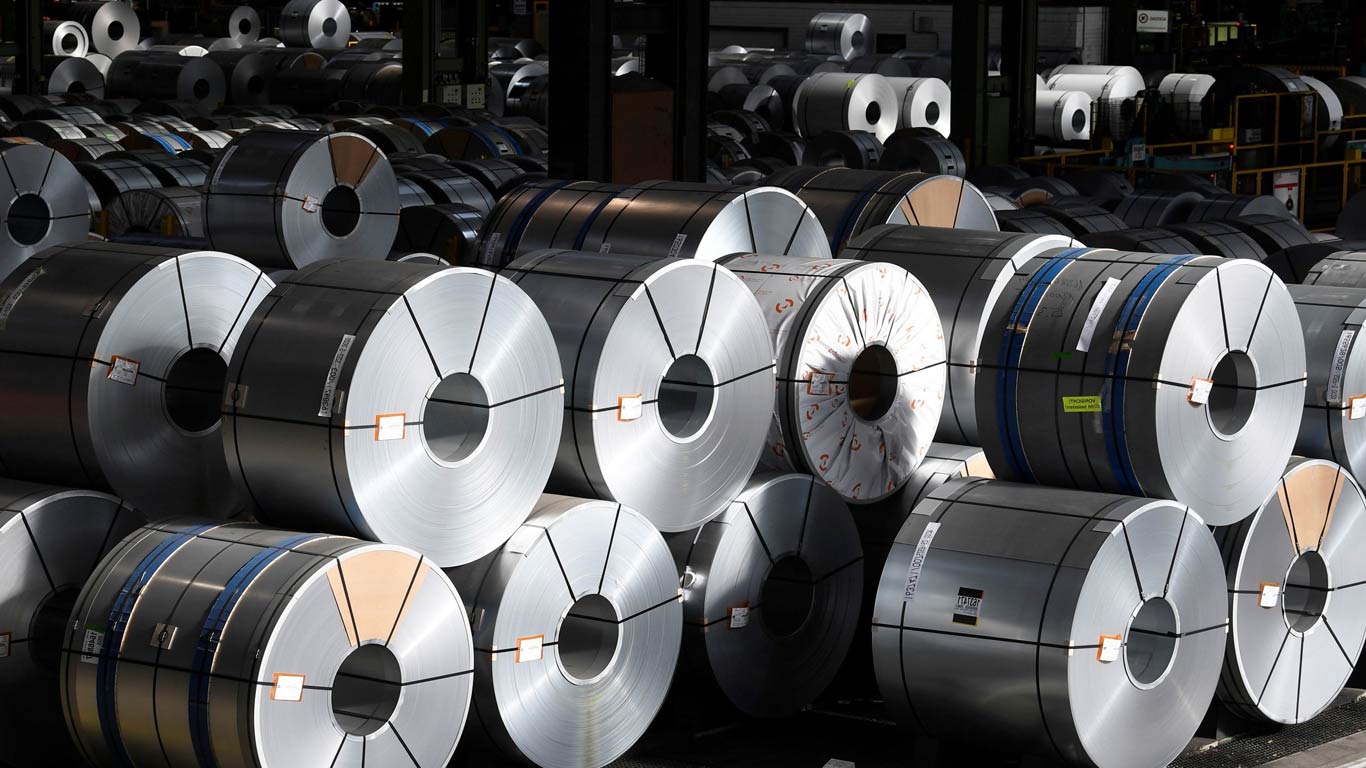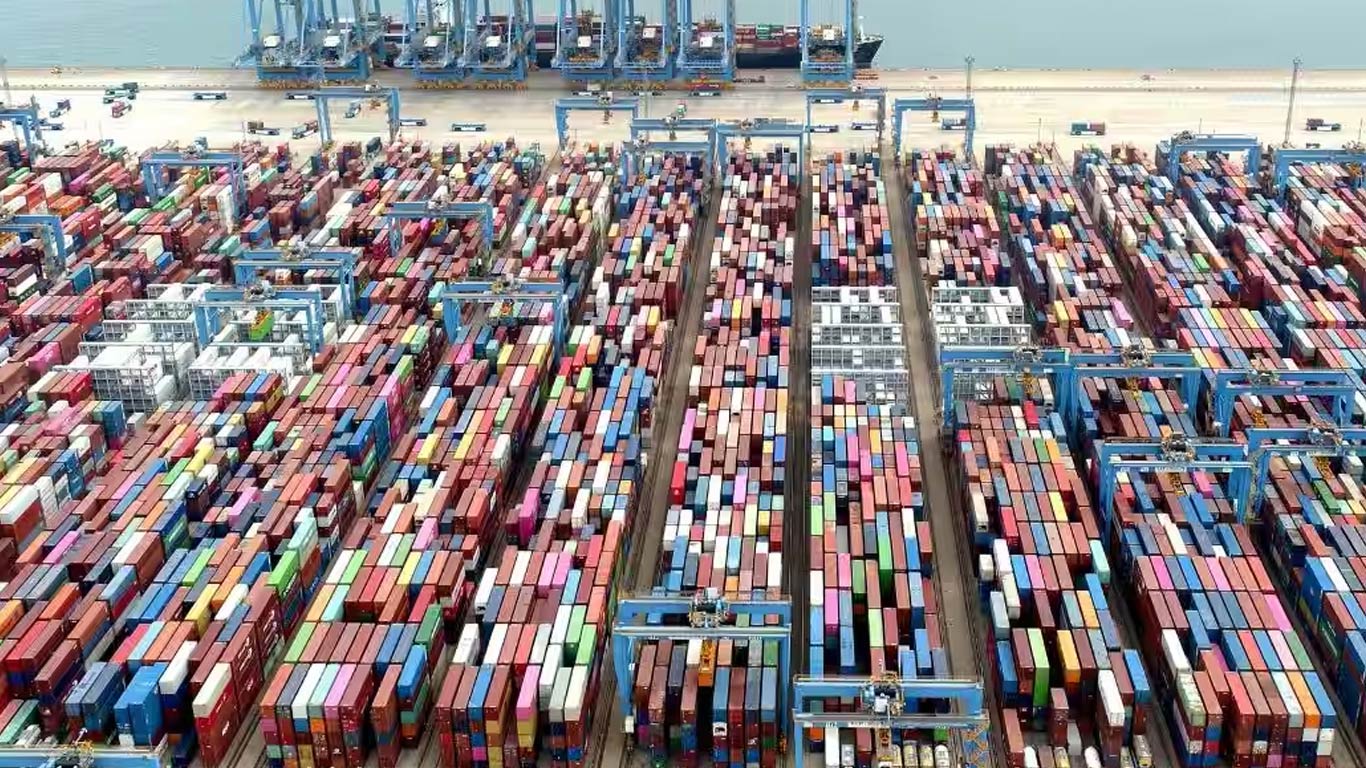Dairy Dung-Energy policy could foster socioeconomic development: WB
Updated: Oct 03, 2013 07:42:40pm

“Due to its high energy and nutritional value, dung is used for the production of biogas, electricity and fertilizer. The full integration of dung into a ‘Dairy Dung-Energy’ policy could foster socioeconomic development, providing basic energy needs and helping tackle key dairy quantity and quality bottlenecks in India, though increased income and biogas sterilization,” said the report titled, Greening Global Value Chains: Some Implementation Challenges.
On the need for such a policy, “Cow dung drives a shadow economy of national importance employing, most informally, half the number of workers in the dairy sector. While a buffalo can produce up to 15 litres milk daily, it also produces 30 kg of dung, equivalent to 3 litres of crude oil,” it said.
The report goes on to say that an effective policy of that nature could create 1.9 million additional full time jobs.
Considering the fact that low-productivity dung cake making may lead to the loss of 400 000 jobs, the report said, with the right just transition policies in place for those affected – mostly women workers making dung cakes – they could be retrained and re-employed in the production of organic fertilizer from the slurry of the biogas plants.
According to the World Bank, the environmental goods and services (EGS) industry’s global revenues have totalled USD 858 billion in 2012. While the United States and the European Union each account for 38 per cent of this amount, Japan accounts for 17 per cent, China for 3 per cent and India for 2.5 per cent.
Important activities in this regard were waste management, followed by potable water and wastewater management. Notwithstanding the recent economic downturn, employment in EGS-related activities increased by 3 per cent from 2007 to 2008.
Currently, the EGS industry employs more than 1.7 million people.
Historically, developed countries have been net exporters of environmental goods and services, and developing countries net importers, according to reports. However, with the growth of exporters like Brazil, China and India, the trade is becoming more balanced. (KNN/ES)











